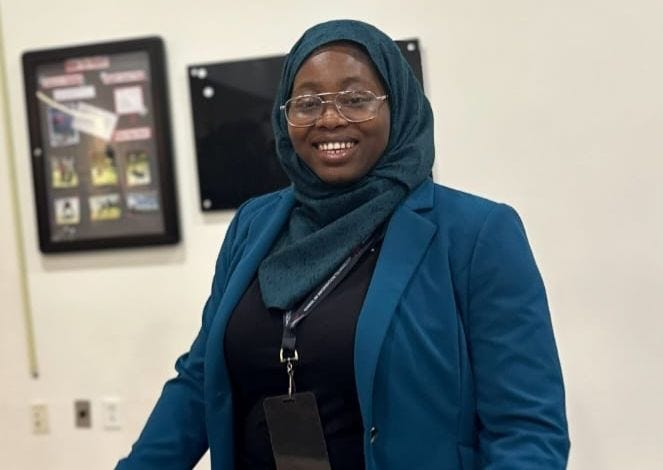
Kemi, a Nigerian doctoral researcher at the University of Cincinnati, Ohio, has made a groundbreaking scientific discovery in the fight against Polycystic Ovary Syndrome (PCOS), a condition that disproportionately affects women during their peak childbearing years and can lead to infertility. In her pioneering study, Kemi investigates the significance of early detection of PCOS and the transformative role of Artificial Intelligence (AI) in enhancing women’s overall health.
PCOS, a condition driven by hormonal imbalances in women, can have severe consequences for fertility. Beyond infertility, it also contributes to a cascade of health challenges such as high blood pressure (HBP), endometrial cancer, heart disease, and depression. Despite its prevalence, PCOS remains widely undiagnosed, with many affected women unaware of the condition.
Kemi’s research aims to change this by improving the detection and prediction of PCOS, ultimately helping to prevent the subsequent health complications. Her approach involves utilizing predictive machine learning models in identifying women at risk and alerting healthcare professionals for early intervention.
In her extensive experiments, Kemi tested a range of machine learning algorithms to determine the most effective approach for detecting PCOS. After carefully evaluating the models for accuracy, precision, and other relevant metrics, the Random Forest classifier emerged as the top performer, boasting an impressive 96% success rate across all evaluation parameters.
Through superior feature engineering, Kemi’s Random Forest model has enormous implications for real-time clinical applications. It allows for swift and accurate detection of PCOS, enabling early diagnosis and the formulation of personalized treatment plans. Given that PCOS affects millions of women in the US and is a leading cause of infertility, early intervention via this model could significantly improve reproductive health outcomes for women.
Kemi’s work has already garnered significant recognition, being presented at prestigious conferences such as the University of Cincinnati Research Symposium, Machine Learning and Machine Intelligence conference in Japan where it was well received by the scientific community. Her contributions to both academia and women’s health reflect a lifelong commitment to advancing knowledge and making a positive impact on global health.
WATCH TOP VIDEOS FROM NIGERIAN TRIBUNE TV
- Relationship Hangout: Public vs Private Proposals – Which Truly Wins in Love?
- “No” Is a Complete Sentence: Why You Should Stop Feeling Guilty
- Relationship Hangout: Friendship Talk 2025 – How to Be a Good Friend & Big Questions on Friendship
- Police Overpower Armed Robbers in Ibadan After Fierce Struggle





